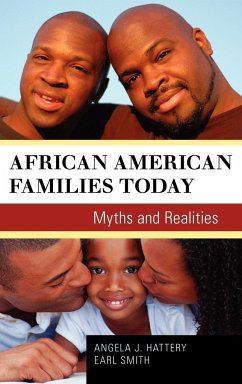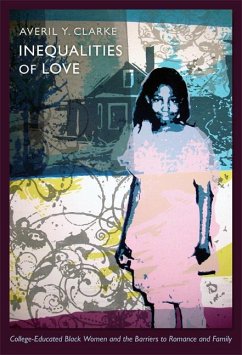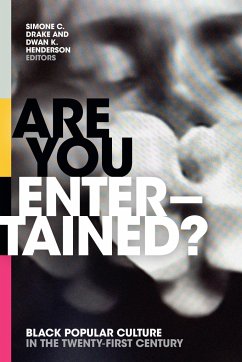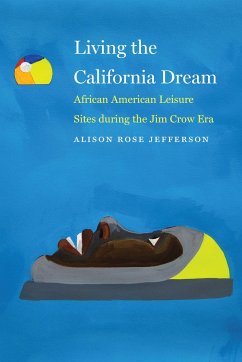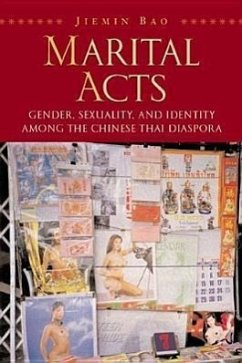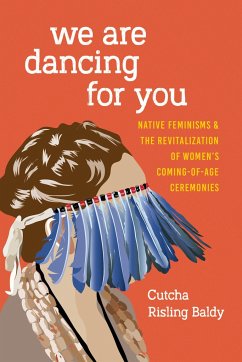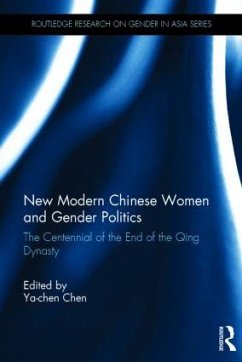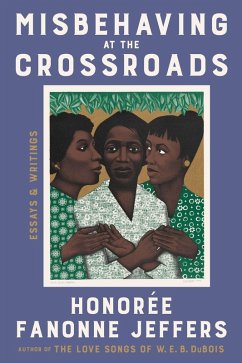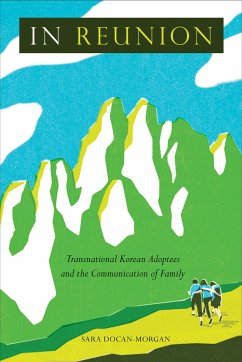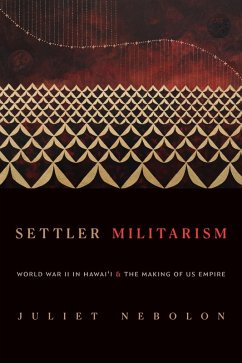
Okinawa's GI Brides
Their Lives in America
Übersetzer: Rabson, Steve
Versandkostenfrei!
Versandfertig in über 4 Wochen
42,99 €
inkl. MwSt.

PAYBACK Punkte
21 °P sammeln!
The American military started building its massive base complex in Okinawa at the end of World War II. During the decade that followed, U.S. forces seized vast areas of privately owned land with “bayonets and bulldozers,” evicting and impoverishing thousands of farmers. U.S. military occupation rule, imposed during the Battle of Okinawa in 1945, lasted until 1972, twenty years longer than the Allied occupation of mainland Japan. Besides land seizures, Okinawans were subjected to numerous human rights violations, including oxymoronic “occupation law” that consistently favored the U.S. m...
The American military started building its massive base complex in Okinawa at the end of World War II. During the decade that followed, U.S. forces seized vast areas of privately owned land with “bayonets and bulldozers,” evicting and impoverishing thousands of farmers. U.S. military occupation rule, imposed during the Battle of Okinawa in 1945, lasted until 1972, twenty years longer than the Allied occupation of mainland Japan. Besides land seizures, Okinawans were subjected to numerous human rights violations, including oxymoronic “occupation law” that consistently favored the U.S. military in cases of serious crimes against civilians, denial of the freedom to choose candidates for elected office, and strict limits on travel outside Okinawa, even to mainland Japan. The commanding military presence has persistently stymied economic development in Okinawa, which remains Japan’s poorest prefecture. These small islands still bear 70 percent of the total U.S. military presence in Japan on 0.6 percent of the nation’s land area with less than 1 percent of its population. Yet, even as the disproportionate burden of bases continues to impose dangers and disruptions, approximately 400 Okinawan women every year have married American servicemen and returned with them to live in the United States. Former Okinawa Times reporter Etsuko Takushi Crissey traveled throughout their adopted country, conducting wide-ranging interviews and a questionnaire survey of women who married and immigrated between the early 1950s and the mid-1990s. She asked how they met their husbands, why they decided to marry, what the reactions of both families had been, and what life had been like for them in the United States. She concentrates especially on their experiences as immigrants, wives, mothers, working women, and members of a racial minority. Many describe severe hardships they encountered. Crissey presents their diverse personal accounts, her survey results, and comparative data on divorces, challenging the widespread notion that such marriages almost always fail, with the women ending up abandoned and helpless in a strange land. Her book, the first on Okinawan wives of U.S. servicemen, also compares the circumstances of their marriages with those of so-called “war brides” and postwar spouses of American servicemen stationed in mainland Japan and Europe. The author provides historical background, starting with the Battle of Okinawa and the subsequent U.S. military rule. She examines the relationship between U.S. forces and Okinawa residents, especially women, and describes the many confrontations with American authorities over land seizures, sexual assaults, and other issues generated by the bases. International attention has focused recently on Okinawa over the planned construction of a Marine airbase despite the overwhelming opposition of local residents expressed in elections, referenda, and widespread public protests. The determination of the U.S. and Japanese governments to force it on them is widely viewed as a violation of democracy. Written in brisk and lively prose, this book is stimulating and informative reading for a general audience, and a timely resource for specialists in the fields of history, political science, sociology, international relations, and anthropology, as well as ethnic, immigrant, and gender studies.



